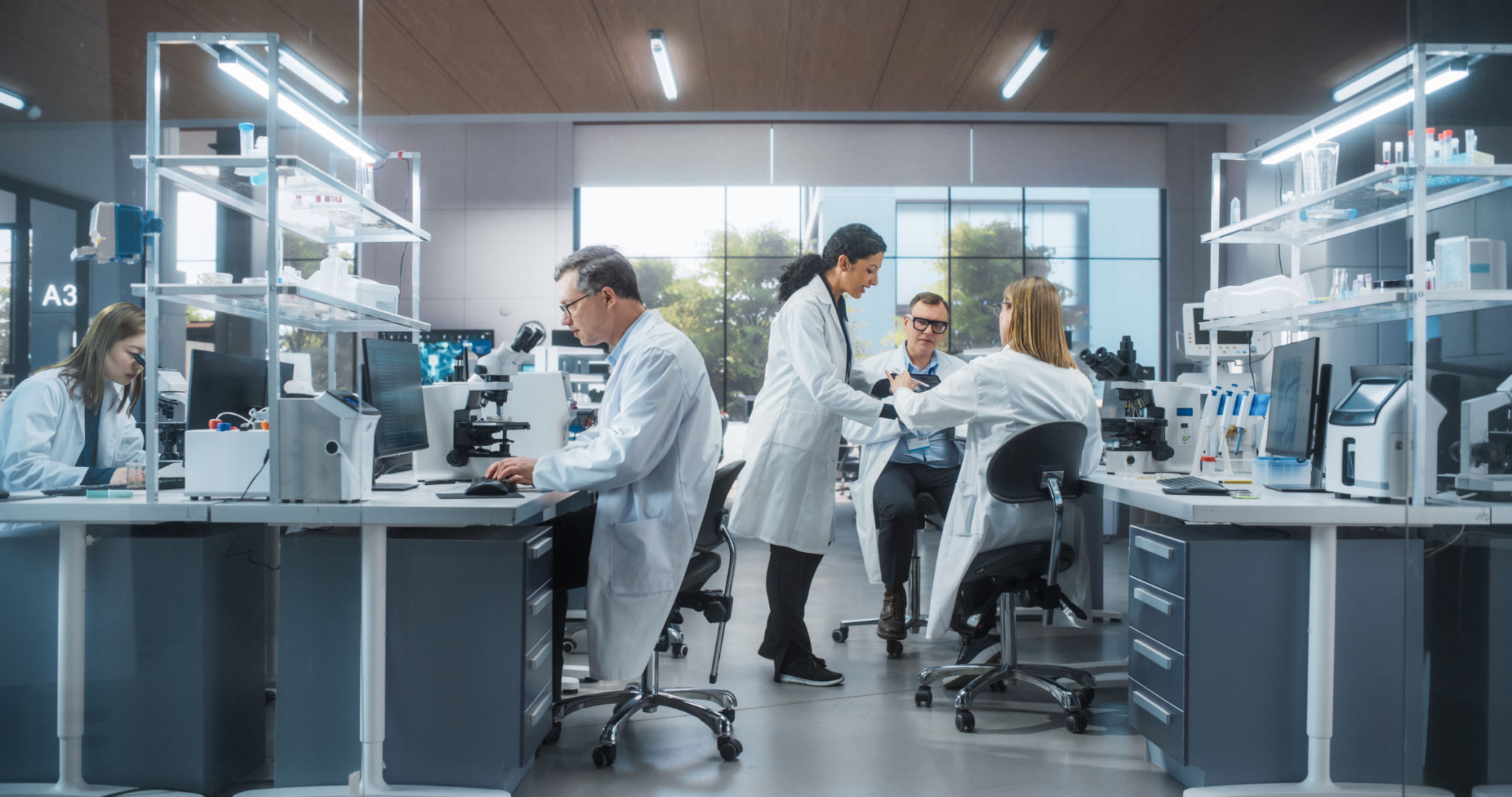Exploring the Future of Biologics Development: What to Expect and How to Prepare
Understanding the Rise of Biologics
The field of biologics has seen a remarkable rise in recent years, evolving from niche treatments to mainstream solutions for a variety of complex medical conditions. Biologics, which are products derived from living organisms, offer targeted treatment options that traditional pharmaceuticals cannot. As we look towards the future, the development of biologics is poised to revolutionize healthcare, promising more personalized and effective treatments.
One of the primary drivers for the growth of biologics is their ability to target specific disease mechanisms. Unlike conventional drugs, which often have a broad effect on the body, biologics can be engineered to interact with precise cellular targets. This specificity not only enhances efficacy but also reduces the risk of side effects, making biologics a preferred choice for chronic and severe diseases.

Emerging Trends in Biologics Development
The future of biologics development is being shaped by several emerging trends. First, advancements in genomic and proteomic technologies are enabling the discovery of new biological targets, paving the way for more innovative biologics. Researchers are now equipped with tools that allow them to better understand disease pathways and develop biologics that can intervene at critical points.
Another significant trend is the rise of biosimilars. As patents for some biologics expire, biosimilars—similar but not identical copies of original biologics—are entering the market. These products offer comparable efficacy at a reduced cost, increasing accessibility for patients and driving competition within the industry.

The Role of Artificial Intelligence and Machine Learning
Artificial Intelligence (AI) and Machine Learning (ML) are set to play a transformative role in biologics development. By analyzing vast datasets, AI can identify patterns and predict outcomes with greater accuracy than traditional methods. This capability is invaluable in streamlining the drug discovery process, reducing time and costs associated with bringing new biologics to market.
AI is also being used to optimize manufacturing processes. By analyzing production data, AI algorithms can predict potential issues and suggest improvements, enhancing efficiency and reliability in biologics manufacturing. This integration of AI into development and production pipelines is expected to accelerate the pace at which new biologics are introduced.

Regulatory Challenges and Considerations
Despite the promising future of biologics, several regulatory challenges must be addressed. Biologics are inherently complex, and their development involves stringent regulatory scrutiny to ensure safety and efficacy. Regulatory bodies worldwide are working to establish frameworks that accommodate the unique nature of biologics while maintaining rigorous standards.
Companies must navigate these regulatory landscapes carefully, understanding the requirements for clinical trials, quality control, and post-market surveillance. Staying informed about evolving regulations will be crucial for companies aiming to bring new biologics to market successfully.
Preparing for the Future
To prepare for the future of biologics development, companies should focus on fostering collaboration across disciplines. Building partnerships with academic institutions, technology firms, and other stakeholders can drive innovation and facilitate the sharing of knowledge and resources.
Additionally, investing in talent and training is essential. As biologics become more complex, there will be a growing need for skilled professionals who understand both the scientific and regulatory aspects of development. Companies that prioritize workforce development will be better positioned to navigate the challenges ahead.

Conclusion: A Promising Horizon
The future of biologics development holds immense promise for transforming healthcare. As technology continues to advance and regulatory pathways evolve, biologics will become more accessible and effective. By embracing emerging trends and preparing strategically, stakeholders can ensure they remain at the forefront of this dynamic field.
In summary, the journey ahead is both exciting and challenging. With continued innovation and collaboration, the potential for biologics to improve patient outcomes is vast, offering a brighter future for healthcare worldwide.
